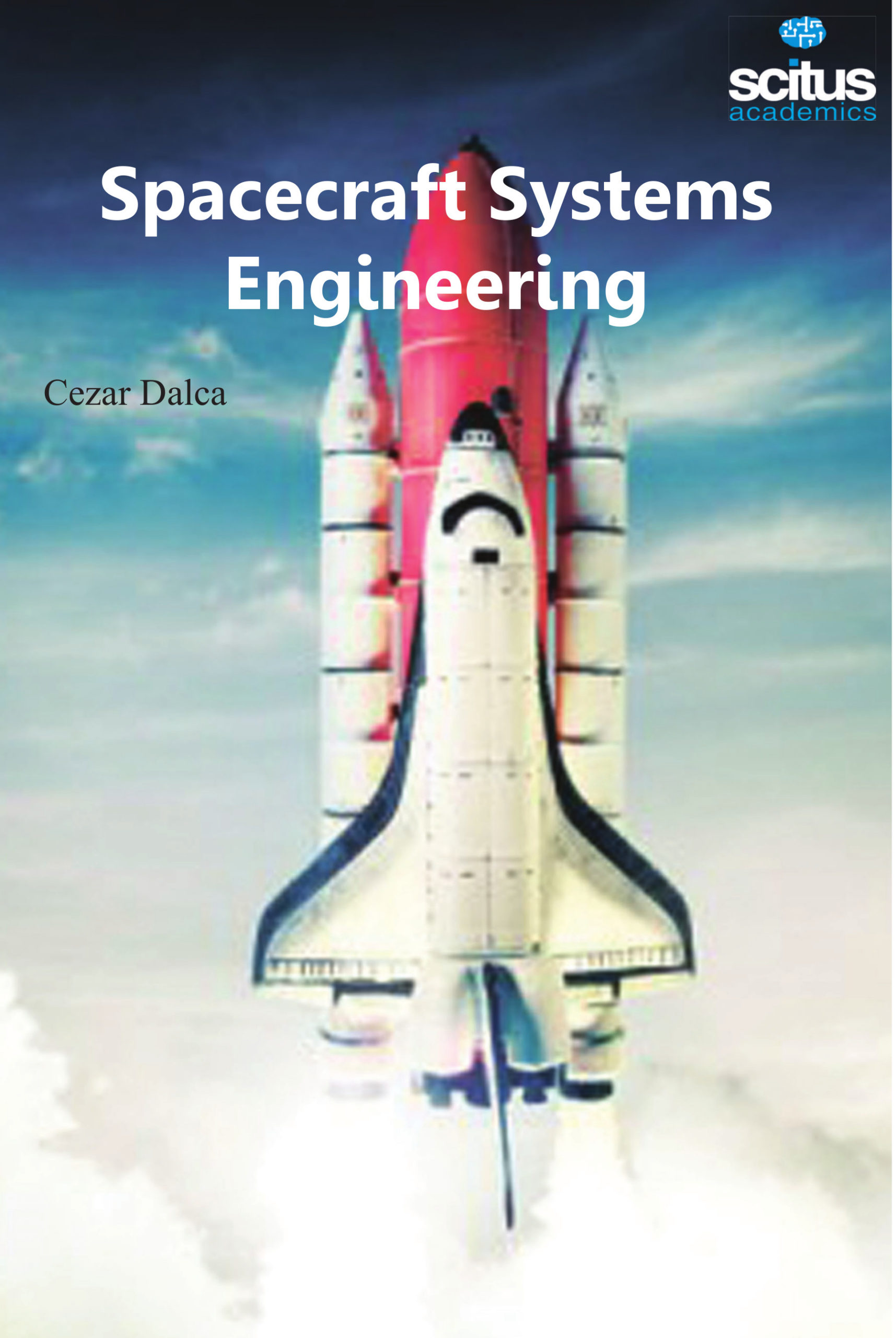Systems engineering is an interdisciplinary field of engineering that emphases on how to design and manage multifaceted engineering systems over their life cycles. Systems engineering techniques are used in complex projects, such as spacecraft design, computer chip design, robotics, software integration, and bridge building. Systems engineering uses a host of tools that involves modeling and simulation, requirements analysis and scheduling
to manage complexity.
Traditional systems engineering was seen as a branch of engineering in the classical sense, i.e., as applied only to physical system, such as space craft and aircraft. More recently, systems engineering has developed to a take on a broader meaning exclusively when humans were seen as an essential component of a system. Systems engineering concentrates on analyzing and eliciting customer needs and required functionality early in the development cycle, documenting requirements, then proceeding with design synthesis and system validation while considering the complete problem, the system lifecycle.
This book, Spacecraft Systems Engineering, offers the reader with inclusive coverage of the design of spacecraft and the implementation of space missions, with a wide spectrum of space applications and space science. This embraces mechanical, electrical and thermal aspects, as well as propulsion and control. This book is valuable for aerospace engineering students, and all those involved in the technical aspects of design and engineering in the space sector.













